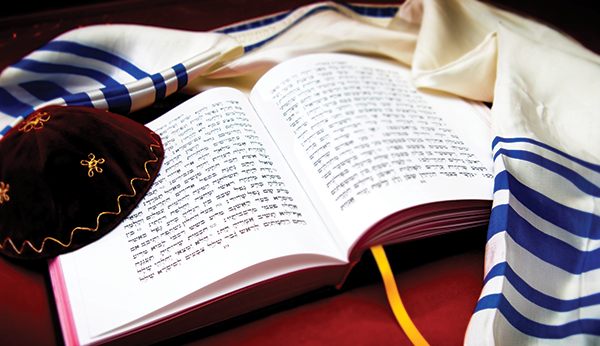There Is Safety in Numbers: Reception History and Cities of Refuge
In Numbers 35:9-15, God commands the people to create cities of refuge in the Promised Land. The notion behind the cities of refuge-where one could claim asylum or sanctuary-is a construct that has found itself reinterpreted throughout the ages.


